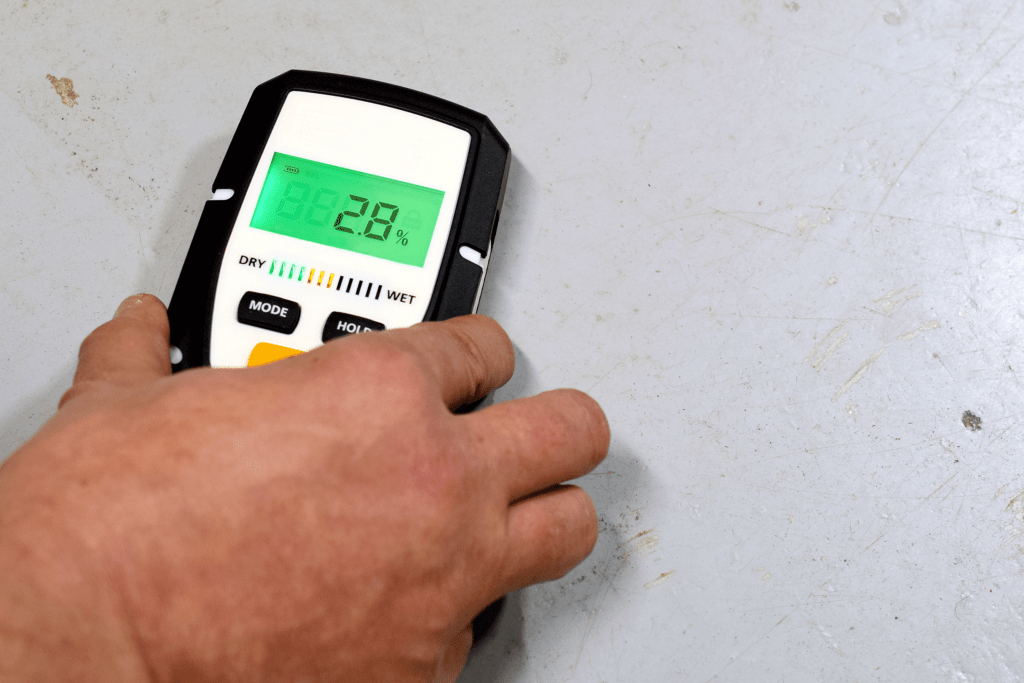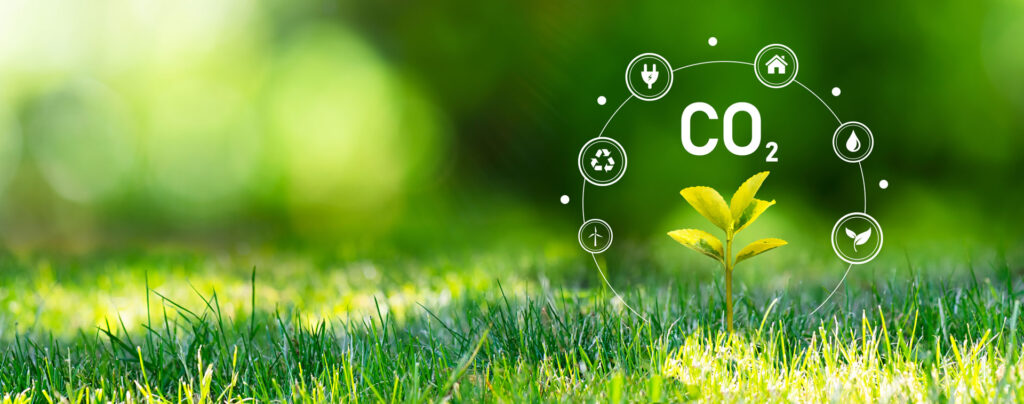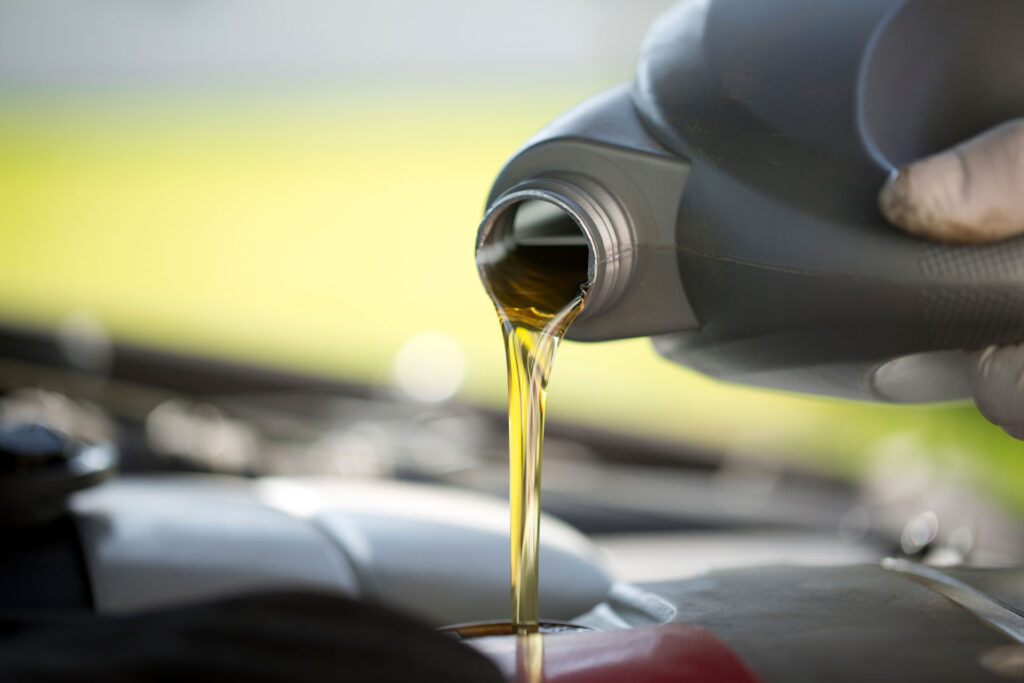When pouring concrete, it’s important to use the proper amount of water to make sure the concrete mixes, sets, cures and hardens in the proper shape and strength. But once the concrete is set in place, its relationship with water changes – further moisture could do more harm than good. Adding a concrete sealer or epoxy coating prevents further interaction between moisture and your concrete.
What Water Can Do to Concrete
Even in an arid, high desert climate like Reno, we still get enough moisture to affect roads and infrastructure, including concrete foundations. Here are a few ways that water can pose a danger to concrete floors.
- Cracks – Water expands when it freezes. Concrete is porous, allowing water to seep into its structure. When water gets into the tiny pores and fissures of unprotected concrete and then freezes, the expanding action compromises the integrity of the concrete, resulting in cracks. If your concrete already has cracks in it, then any water that freezes within those cracks will expand the crack as well.
- Rust – Concrete floors get their tensile strength from steel rebar or wire grids embedded within. When exposed to moisture, that steel will rust. If water seeps into the pores of your concrete but does not freeze, it makes its way through your concrete until it meets with the metal skeleton inside, causing the metal to rust until the skeleton – and eventually the surrounding concrete – is compromised.
- Mold – Mold uses the porous nature of concrete to latch on and grow. It can even grow beneath the surface of the concrete. However, mold needs moisture to thrive. If unprotected concrete has moisture within its tiny pores, any surrounding fungi can use it to prosper, resulting in a source for allergies.
- Leaching – Most concrete mixtures contain various salts that have an adverse effect when water comes into play. While the water makes its way deeper into your concrete, the salts gradually move further upward as the water displaces them. Once they get to the surface, they appear as stains and discolorations.
How to Protect Your Concrete from Moisture
The best way to protect your concrete from water is with a concrete sealant made from epoxy and applied by Nevada Custom Coatings. This seamless layer of material provides a waterproof barrier, protecting your concrete.
To find out the best protection from water for your concrete floor, contact Nevada Custom Coatings for an on-site consultation. We inspect the current state of your concrete floor with years of experience and training. If any adjustments need to be made first, we explain the issue and what likely needs to be done. If your floor is ready for protection from water, we discuss your needs and interests, answering all your questions with expertise. Whether you choose a concrete polish, sealants, or epoxy coatings, our goal is to give your concrete a protective layer from moisture – and one that looks spectacular while doing it! to find out more, please contact Nevada Custom Coatings by phone or with our online form.


